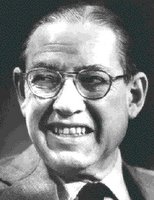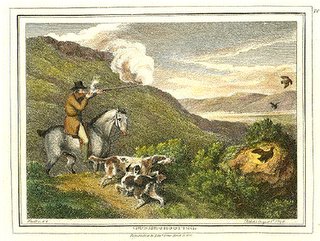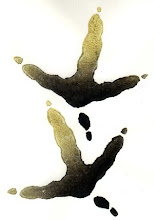Here's another poem from Raymond Carver titled "Elk Camp."
Elk CampEveryone else sleeping when I step
to the door of our tent. Overhead,
stars brighter than stars ever were
in my life. And farther away.
The November moon driving
a few dark clouds over the valley.
The Olympic Range beyond.
I believed I could smell the snow that was coming.
Our horses feeding inside
the little rope corral we'd thrown up.
From the side of the hill the sound
of spring water. Our spring water.
Wind passing in the tops of the fir trees.
I'd never smelled a forest before that
night, either. Remembered reading how
Henry Hudson and his sailors smelled
the forests of the New World
from miles out at sea. And then the next thought--
I could gladly live the rest of my life
and never pick up another book.
I looked at my hands in the moonlight
and understood there wasn't a man,
woman, or child I could lift a finger
for that night. I turned back and lay
down then in my sleeping bag.
But my eyes wouldn't close.
The next day I found cougar scat
and elk droppings. But though I rode
a horse all over that country,
up and down hills, through clouds
and along old logging roads,
I never saw an elk. Which was
fine by me. Still, I was ready.
Lost to everyone, a rifle strapped
to my shoulder. I think maybe
I could have killed one.
Would have shot at one, anyway.
Aimed just where I'd been told--
behind the shoulder at the heart
and lungs. "They might run,
but they won't run far.
Look at it this way," my friend said.
"How far would you run with a piece
of lead in your heart?" That depends,
my friend. That depends. But that day
I could have pulled the trigger
on anything. Or not.
Nothing mattered anymore
except getting back to camp
before dark. Wonderful
to live this way! Where nothing
mattered more than anything else.
I saw myself through and through.
And I understood something, too,
as my life flew back to me there in the woods.
And then we packed out. Where the first
thing I did was take a hot bath.
And then reach for this book.
Grow cold and unrelenting once more.
Heartless. Every nerve alert.
Ready to kill, or not.
--Raymond Carver
Where Water Comes Together with Other Water (1985)















